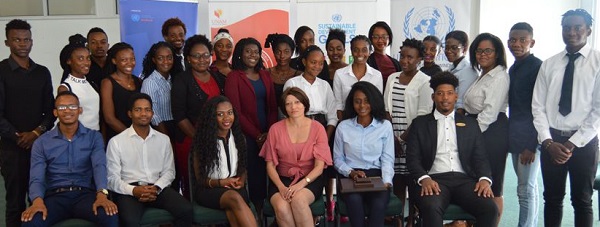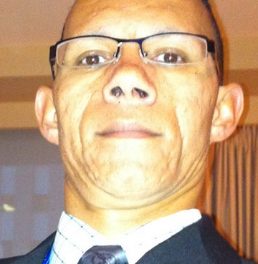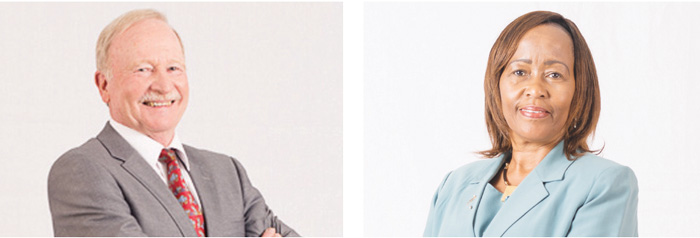
Learning to debate, speak and discern by play-acting UN agencies

The United Nations moot game for young leaders wherein the latter simulate various organs of the UN, was launched last week for students of the University of Namibia.
Known as the Model United Nations programme, it will provide technical support to the UNAM Model UN Society. The programme is intended to teach participants how the UN and its agencies work.
For the official launch, UNAM’s Model UN Society Executive Team and group members gathered at the UN House in Klein Windhoek dressed in their diplomatic attire.
Model United Nations Namibia is an extra-curricular educational activity in which students typically simulate different organs of the UN such as the General Assembly. The delegates tackle pressing world issues, to debate, lobby and craft UN resolutions.
This prestigious programme has been driven by the United Nations Information Centre in Windhoek since 2011.
Since inception of the programme at high school level, there has been a great demand for students to continue at tertiary level, which why UNIC Windhoek decided to support the UNAM Society.
The MUN programme is instrumental in developing students’ debating, public speaking, critical thinking and writing skills. The programme has been very successful to date, delivering leaders and well versed young people ready to amplify their voices on issues affecting young people across the world.
Speaking at the official launch, UNIC Windhoek’s Head of Office, Anthea Basson explained “Model UN is one of our flagship youth engagement programmes and has created an important platform for young people in Namibia to find a voice and amplify their voices about matters that concern the future.”
The Executive Branch of the UNAM Model UN Society comprises Helena Kandjumbwa as President, Victoria Absalom as Vice President, Geanethe Haikali as Secretary, Donald Khariseb as Marketing Coordinator, Victor Shivolo as Treasurer and Keanu Baily as the First Year Representative.












































